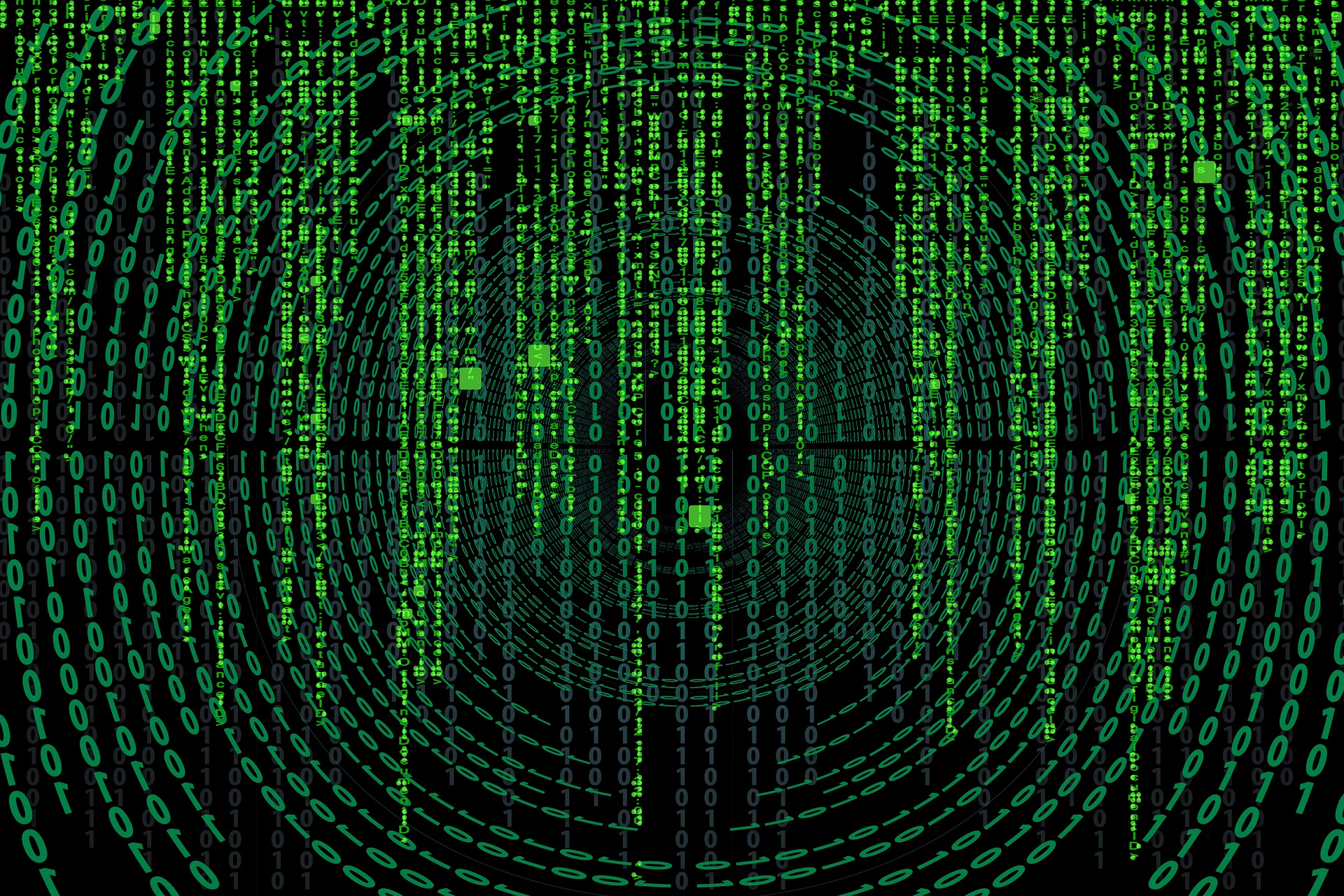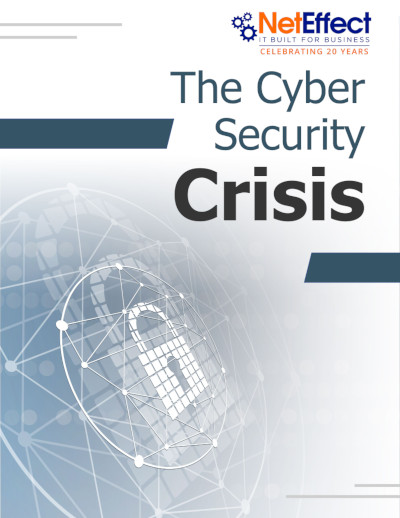
 This class of malware is particularly ingenious and can be very damaging to your computer systems and data. Originally observed in September of 2013, there are many variations. They work by encrypting certain types of files on computers and network drives. Simply put, it encrypts all your files and data so you don’t have any access to it. Once the data is encrypted, the user is presented with a message offering to sell the decryption key. With an estimated $3 million extorted from victims, this is a very successful type of “ransomware.”
This class of malware is particularly ingenious and can be very damaging to your computer systems and data. Originally observed in September of 2013, there are many variations. They work by encrypting certain types of files on computers and network drives. Simply put, it encrypts all your files and data so you don’t have any access to it. Once the data is encrypted, the user is presented with a message offering to sell the decryption key. With an estimated $3 million extorted from victims, this is a very successful type of “ransomware.”
Mitigating the Risk of Malware:
The three primary methods for avoiding infections of all types of viruses and malware are 1) use up-todate security software (antivirus and firewall), an 2) avoid opening email attachments unless you’re confident in the source, and 3) avoid downloading software from untrusted sources. In particular, CryptoWall is commonly spread by PDF email attachments that emulate invoices, purchase orders, bills, complaints, or other business communications.
Lastly, make sure you have regular, full backups of your data, and ideally, they should be automated backups to the cloud. No matter how much protection you have, no computer is immune to infections. In case your computers do get infected, you can restore from an earlier point, or just specific files.
If you suspect and infection of CryptoLocker or one of its variants, it does take some time for the encryption to complete, so notifying us of the suspected infection immediately may allow us to resolve the infection before it’s too late.
NetEffect offers safe computing presentations to its clients. Please contact us if you’d like to schedule one!









